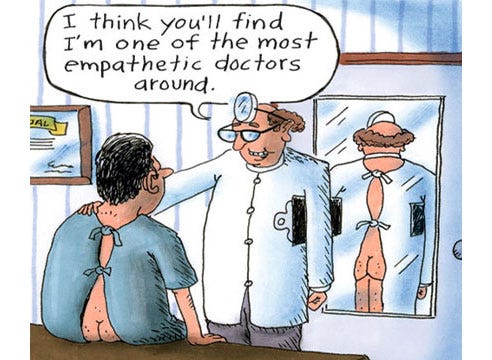In sickness
Some learnings from falling sick
It’s been a while since I wrote something. I have been quite occupied with things lately. I was back home for a month when I completely lost the ability to maintain my schedule(cheers to a lot of pampering:p). Also had a trip planned to the hills but it poured down all my plans sadly:(. But there was a silver lining I got a nice birthday surprise from my friends. This bunch of cuties turned up with flowers and books and gifts 5 days before my birthday because sadly my bday was on Diwali(FML!). After all this, it was time to come back to Bangalore, and I have been working on some things lately which have kept me quite occupied.
Oh also fell sick as soon as I came back, and I’ll talk about what kept me busy.
Firstly I hate falling sick, not being able to do anything sucks! The worst part is when your schedule gets screwed because you can’t exert your body much and, over everything, I don’t like taking medicines which sadly adds to the recovery time. As a child, I always had inflamed tonsils, and this time I caught a throat infection which was quite similar to the younger teenage experience.
Tonsils are a part of our immune system and are kind of the body’s first respondents to any virus entering through the mouth or nose. They contain immune cells that produce antibodies that kill these pathogens before they can spread to the rest of your body. Tonsils are active and grow till 7-8 and then start shrinking and sometimes disappear.
But the funny thing is many children get tonsillectomy done in their teens because it gets infected pretty easily. So how come an organ that is actually an important part of the immune system be removed without any repercussions? Well, the thing is that after a certain age the tonsils become obsolete or very less powerful.
These vestigial organs are notorious for turning against the body they’re supposed to be defending, and more severe health complications can arise if infected tonsils are left untreated.
But according to “The Scientific American”, the fact that these tissues are most prominent in children, with the adenoids nearly gone by adulthood, has bolstered the view that they are not essential, but as Byars points out, “maybe there's a reason they are largest in childhood.”
Darwin’s theory, suggested that vestigial organs as evidence for evolution. In his book Origin of Species. He mentioned that these organs are rudimentary and are just there as general organs without any proper need/functioning to them. The question is then why are these organs with such limited functions still existing in our bodies?
Well, that’s the interesting thing, most doctors classify this organ as unimportant and in the 20th century a lot of tonsillectomies were performed. But research shows that both tonsillectomies and adenoidectomies are associated with higher levels of allergic, respiratory and infectious diseases later in life.
Tonsillectomy was found to be associated with an almost tripled relative risk - the risk for those who had the operation compared to those who didn’t - for diseases of the upper respiratory tract. - source Pursuit
A good thing to remember is that when we have no evidence for the function of an organ, it is well to bear in mind that the absence of evidence is not evidence of absence.
Always find it funny that there are so many different things that we don’t know about our organs and even after years of evolution and research there are still different outcomes to similar problems. With that closing my research for today.


